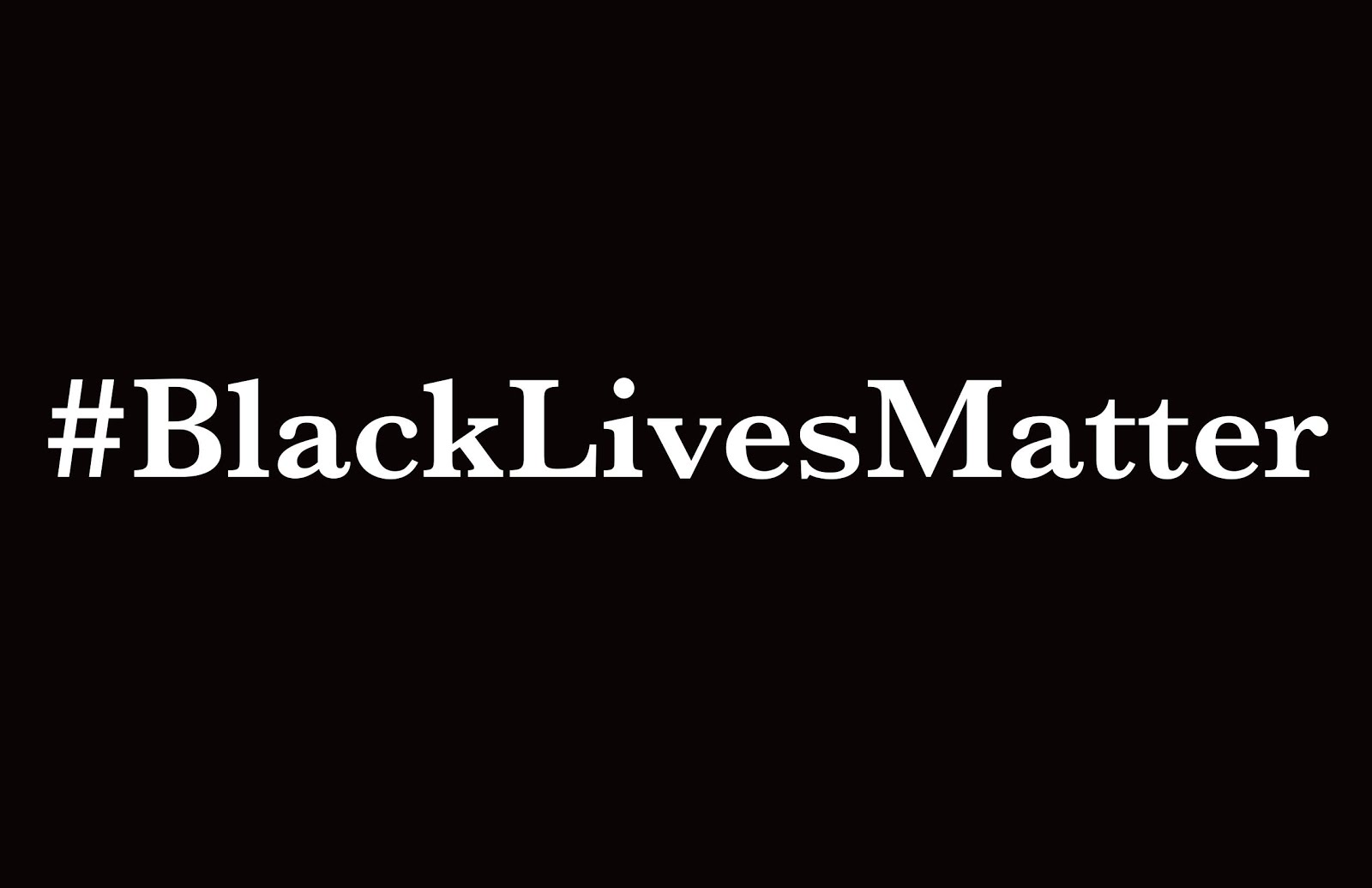that I don't know what I don't know. Or, I'm ignorant about those things that I'm ignorant about being ignorant about. It's a big and positive step, I think, to get rid of that first I don't know or that first I'm ignorant about. If I can move from there to a stance of knowing that I don't know what I don't know...that's a seriously big improvement, right?
I wrote something like that in a previous post. When I ran across a statement akin to that it sort of threw me. Maybe it created some discombobulation for you too. I found a graphic that sort of suggests something about what that could mean.
Right down at the bottom of the graphic, where the 01 is located, is where sentences like I don't know that I don't know what I don't know would be located. It would be in this area that things that we think we know but what we know is inaccurate or incomplete would sit too...because we would not know that we didn't know because we thought we knew. Whew.
Don't be mislead by the linear like configuration depicted in the graphic because, depending on the topic or subject, we're all mostly all over the place and the places we're at, in terms of learning, change all the time. No graphic that's a still snapshot is going to do anything but provide sort of a vague approximation of our knowing/learning. It's vital, I think, for us to understand that "knowing" is always tentative, uncertain, incomplete. What we know is pretty much always open to revision or being added to (hopefully in terms of becoming more accurate).
That 01 level is intriguing because I wonder if that isn't the place where culture can have a seriously potent effect on us...with ease. That's where it could have the biggest influence with the least amount of effort...or so it seems to me. I suspect that it is there that invisibling or oblivion often happens. There's where we could easily be flimflammed with nonsense and lulled into believing that new knowing wasn't needed and/or possible.
If we can exist in a state wherein we accept, and are conscious of, that we don't know what we don't know...and be open to new (or more accurate) facts or theories or insights...that's a good thing. Sometimes it's uncomfortable and sometimes it's disconcerting but a good thing nevertheless.
One of the authors I've referenced recently, Robin DiAnglo, uses the word humility when she writes about that openness to new learning. The wikipedia entry I linked with humility describes it as being the opposite of narcissism. Hmmm.
But...if we operate by engaging life as if we know...and that there is nothing new to know...oops...we're in deep trouble. The saying that twenty years of experience isn't the same thing as living the same year over twenty times is one that I've always liked...because it means you have to keep on accepting that you don't know what you don't know.
If, like me, you came to ethical veganism as an adult after having not been living as one...then you have had the experience of realizing that what you thought you knew was inaccurate...and...there was much that you didn't know. I didn't know what I didn't know...but...I thought I knew. I was in error. For me...that apprehending of my error and ignorance was seriously disconcerting...it frightened me. Because...it clearly exposed to me that I was quite capable of stumbling along through life thinking I was behaving ok...when I wasn't. I was harming others, all the while, thinking I was living an ok life. That's scary.
It's tempting...when a big new learning like that happens...to grab onto to it and think "whew, now I've got it figured out". When...once all the dust settles...what a new learning like that should signal to us is that there may be other things that we think we know that we don't or other things that we don't know that we don't know. Why should there be just one? What if there are others? How can we know? How do we go about discovering or realizing that?
One thing that has occurred to me about doing that (not that I really know or anything) is maybe, if I sort of consider what's going on around me, I can get some clues about finding areas where I don't know what I don't know.
The analogy that pops up for me is maybe if I think about living my life as sort of like driving a car...I'm going along thinking I'm driving ok and steering with what I think is some skill and care but...I look in the rear-view mirror and see behind me the bodies of beings I've hit with my car and mail boxes I've knocked over...oops...time to reconsider my notion that I'm driving competently or carefully.
What if I consider my society or culture or nation as if it were a car I was riding in as it was going down the road and I look behind it and see many injured and harmed victims...maybe that's a clue that some/many/most of the things that society/culture told me back there at that 01 level of learning were erroneous...or maybe it neglected to tell me something I needed to know to live in a way that does the least harm.
Would that be a way to maybe realize that there were some things I didn't know that I didn't know (or that my culture/society/nation had mislead me about) and maybe to point me toward areas that I could do some more learning about? I wonder.
.
Friday, September 25, 2015
Subscribe to:
Post Comments (Atom)








1 comment:
Yep, knowing that you don't know is the first step. Well, technically, the second. ;)
Post a Comment